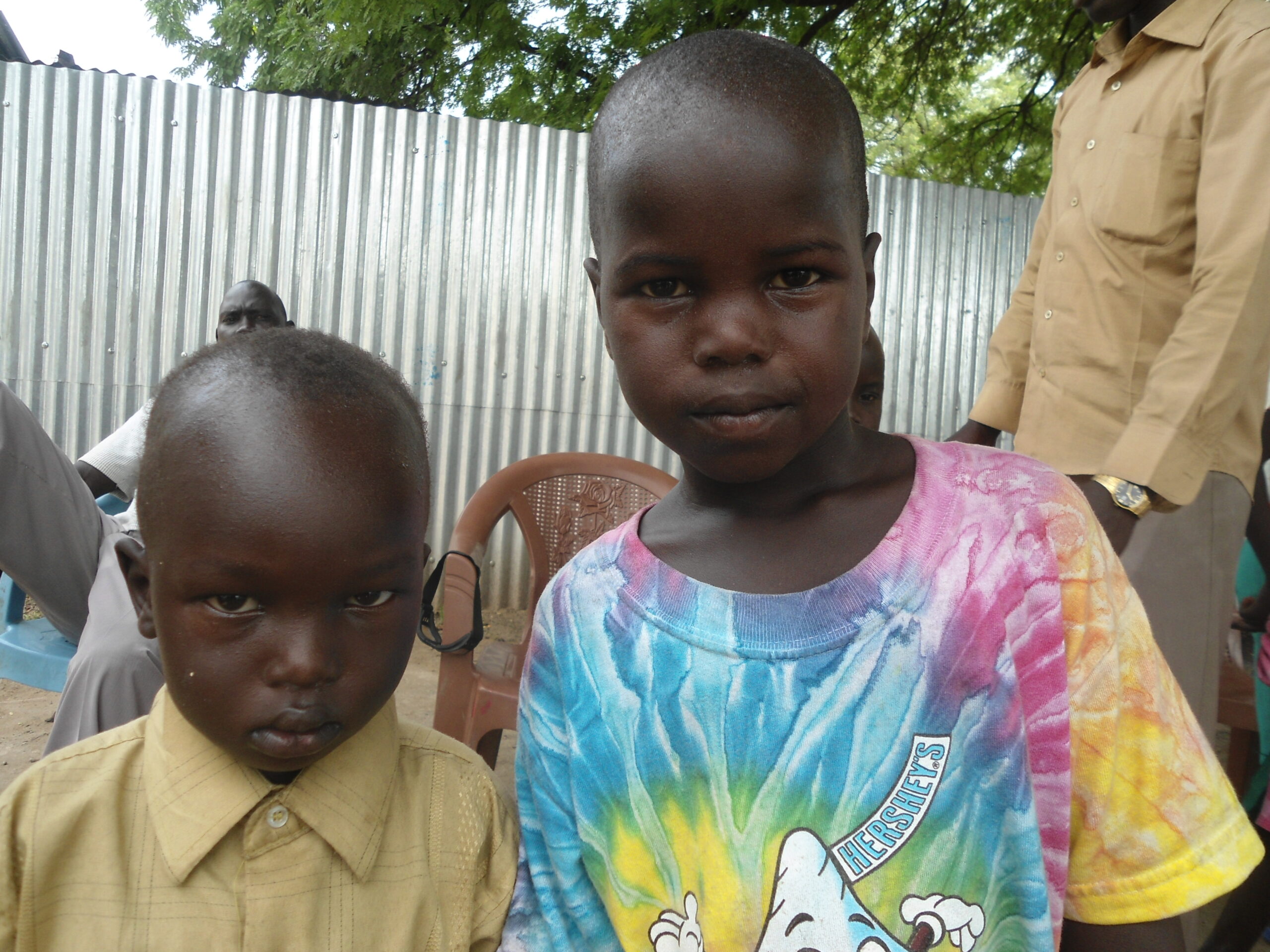Jonglei DNA tests fail to establish parenthood of abducted children
August 8, 2012 (BOR) – DNA tests on two unrelated boys from South Sudan’s Jonglei State have failed to prove that they belong to any of the three families that claim that they are their children.

The tests were conducted in Uganda after samples were taken from the boys and the families and is the first of its kind to be conducted by Jonglei the government to resolve disputes of who are the biological parents in cases of abduction.
The DNA test was ordered by a court after the two children were brought out of captivity by the Murle in Pibor County, according to the state minister of social development and child welfare, Racheal Anok.
The act of children abduction has been practised by some elements in Murle since the 1970s for economic reasons as abducted children were sold to childless families within Murle in exchange for between 40-50 heads of cattle per child. However, since clashes between the Murle and Luo Nuer in June 2011 abductions have also taken place as part of retaliatory attacks between the two groups.
Most of the children and women abducted from the Murle by Lou Nuer were collected and returned to their families after the the Jonglei peace deal between the Murle, Dinka Bor, Anuak, Nuer, Jie and Kachipo signed in May 2012.
The two boys only know the names they were given by the Murle families they lived with and were kidnapped so young that they cannot remember they original, name, tribe or family.
The DNA test was used as families from both the Anuak and Dinka tribes claimed the boys. The two boys were recovered from the Murle tribes by soldiers during a disarmament campaign earlier this year.
They were flown to Bor, the state capital by the United Nations and are being looked after by the government along until their families are found. wi by UNMISS flight. All these boys plus some children brought recently from Pibor are under govt custody till the parents are found to take them.
A seven year old boy, which Anuak’s family claim is called Omot Ojulu, while his Dinka family called him Mayen Anyang.
“From the DNA test, there are no families blood-related with the children, so we will take care of the children till another claim comes up”, said Anok. The test did not provide any conclusive evidence as to his lineage.
Anok said the state government paid US$1,150 for the test, which it was hoped, would prove the child’s lineage. South Sudan does not have the facilities to conduct the tests.
Over ten children brought from Pibor after years in custody at the hands of abductors, whose parents are not yet known are now in government care in Bor.
(ST)
